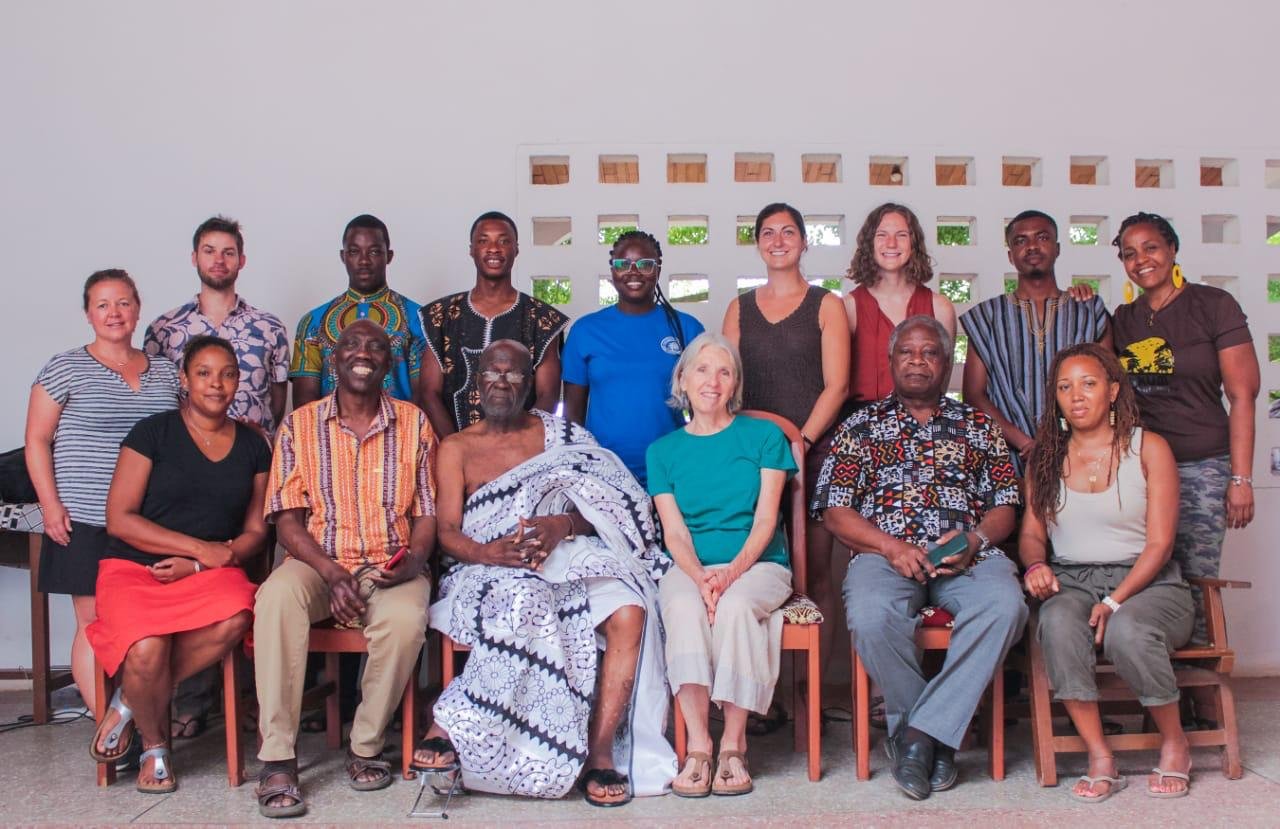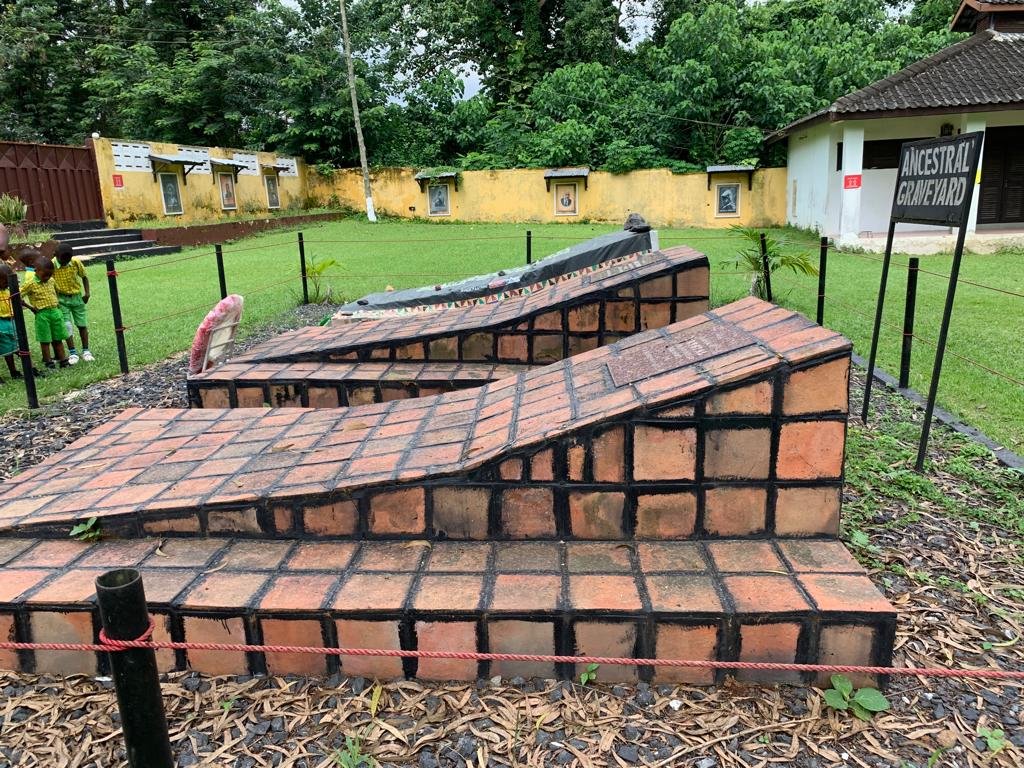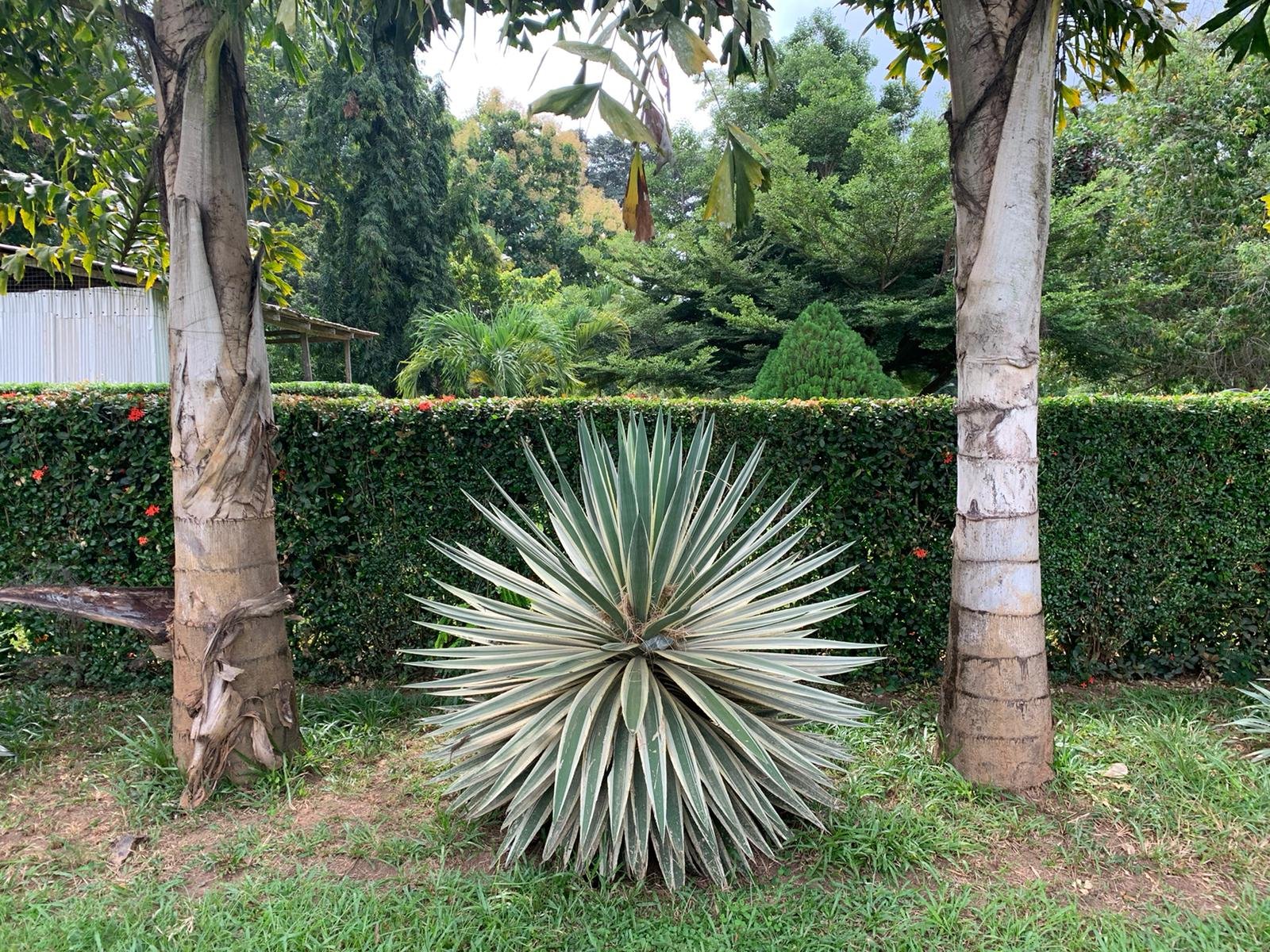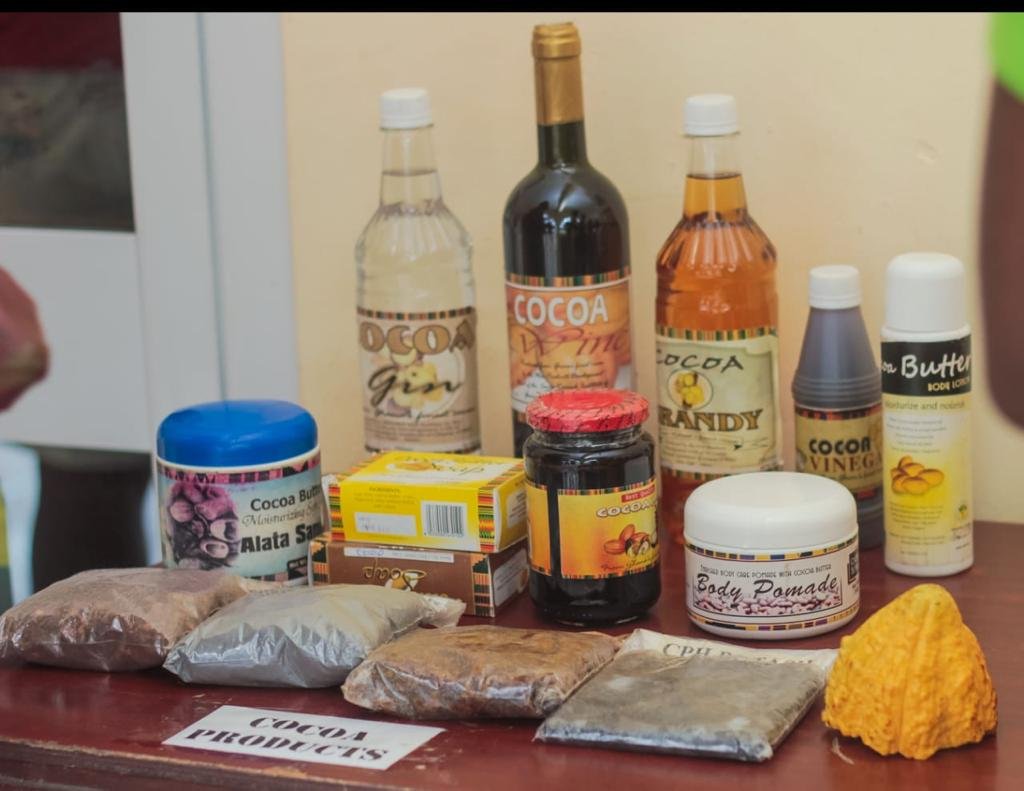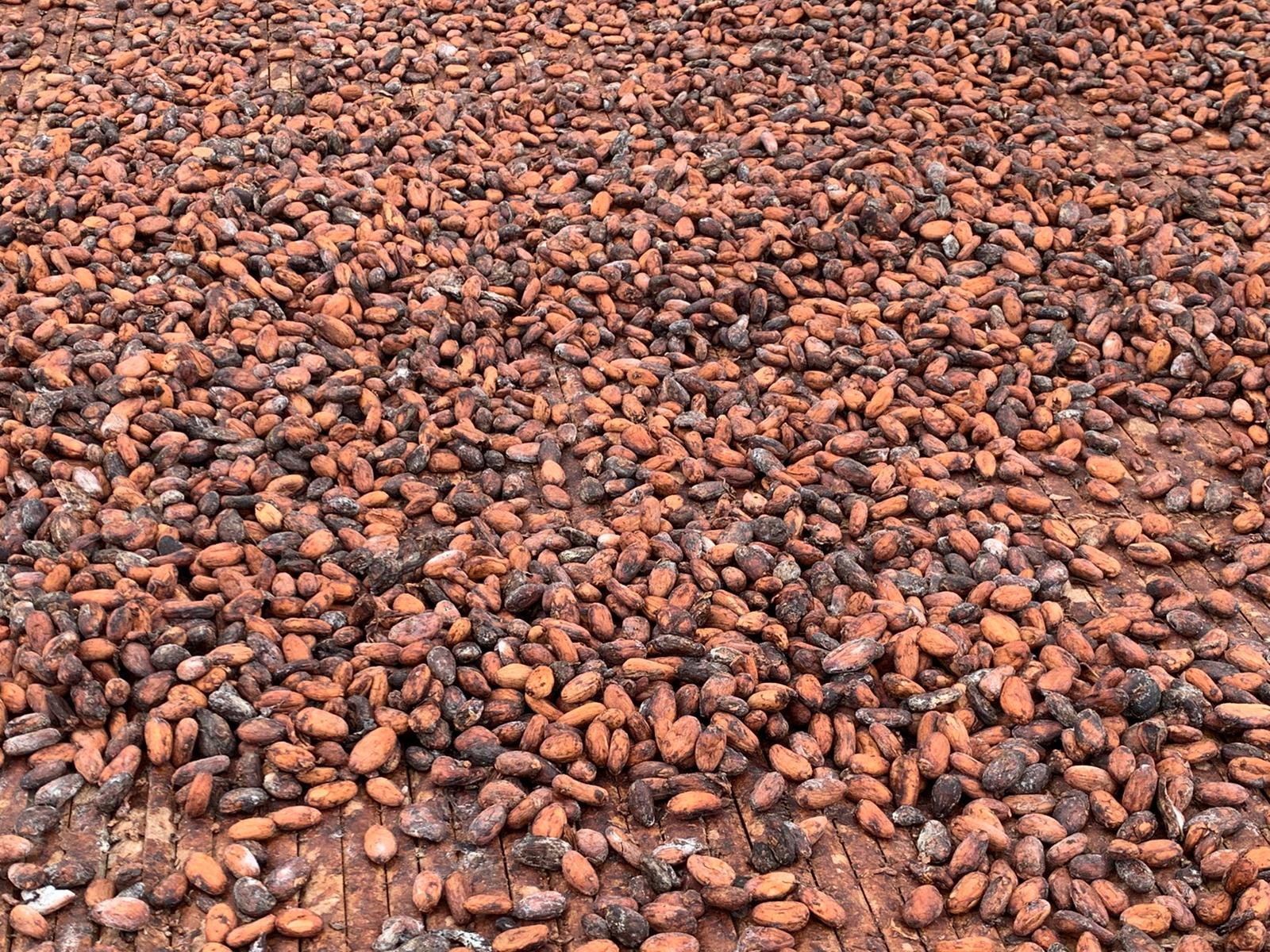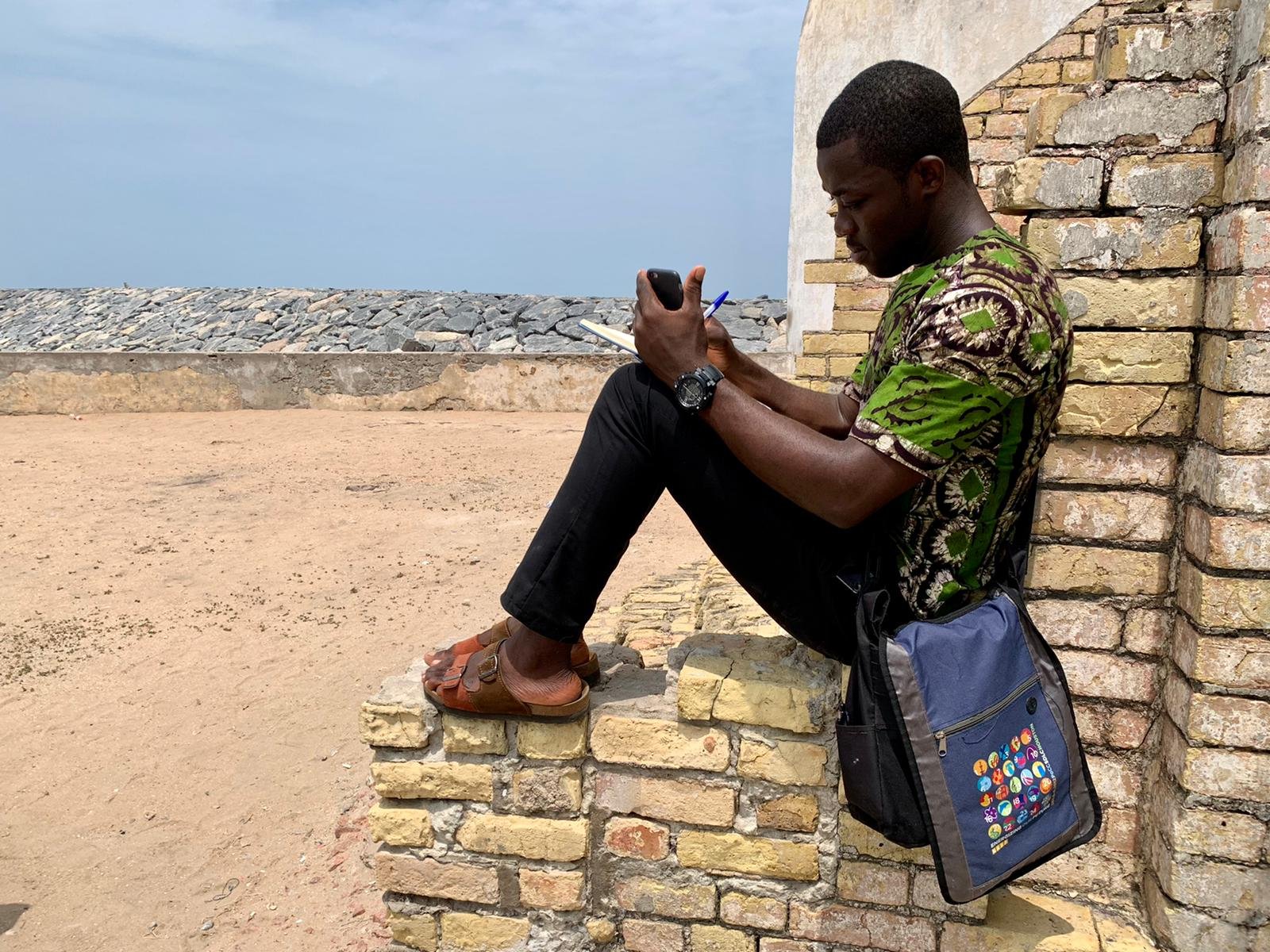“In school you are taught a lesson and then given a test, but in life you are given a test that teaches you a lesson.”
What does this mean? “We are the architect of our own fortune,” said Agya Koo Nimo, the King of Palmwine music.
Palmwine, known by several local names, is an alcoholic beverage created from fermented sap of the palm tree, and that follows a process. The music genre got its name because it was played at gatherings where palmwine was drunk.
Koo Nimo is a legend in Palmwine music. He uses story-telling and proverbs in his songs.
He said that according to statistics, vehicles kill human beings more than diseases, and he did a song about losing a father through a vehicle accident. It was entitled, “Mother, Where is my father?”
The words of the song go:
This man once lived with his wife and his only son.
The man was knocked down by a car and he died. On Christmas day when parents were giving gifts to their children, the man’s household was sad and quiet. The day itself seemed dark and gloomy, it was raining hard outside.
The little boy went to his mom, and putting his hands in her palm, he asked
“Mother, where is my father?” “Your father is no more,“ the mother said.
“ What does no more mean?” the boy asked.
The mother looked at the son and said, “It means your father is dead.” The boy looked around in confusion.
He went and peered into his father’s room. “This is my father's room but where is he?” He asked further.
“He has been burried at the cemetery,” said the mother.
The boy sat for a while pondering the statement. Finally with a sigh he asked, “Mother, do you think the rain is making Father wet?”
The story ends here but not the message.
Life has it's own ups and downs and as with nature, humankind will taste the delicious part of it like the freshly tapped palmwine, and on the other hand, the difficult part, like the sourness of over-fermented palmwine.
Stories are told through music to create awareness of our environment, understanding of our fragility and the strength that arises out of our challenges.
Donkor Nsuo at Assin Manso, is the place where enslaved Africans were given their baths, after the grueling journey from northern parts of Ghana and elsewhere, before being marched about 40 miles to the Cape Coast Castle to be sold and transported away from their homes forever.
The people of Assin Manso, some descendants of escaped people during the during the trans-Atlantic slave trade, consider Donkor Nsuo and its surrounding areas sacred ground.
Before you enter the yard where Africans were branded with hot iron, you have to pay respect to our ancestors by bending low through a metal gate.
During our visit to the cocoa research institute of Ghana, and subsequent workshop, I got to know that cocoa is a major cash crop for Ghana.
The crop is used in different mind-blowing ways besides the production of chocolate. Soap, wine, gin, pomade, animal feed, fertilizer and many more are some more of the byproducts of from cocoa.
Cocoa!!! Ghana!!!
Philip Ampofo,
Student teacher,
Presbyterian College Of Education,
Akropong-Akwapim,
Ghana
